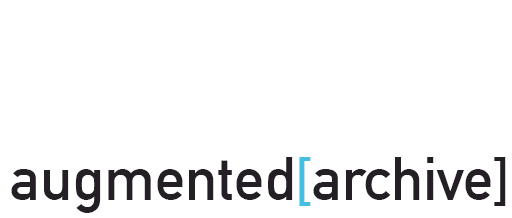AUGMENTED ARCHIVES – HISTORY IN REAL-TIME
Project Launch of “The Augmented Archive” and Symposium on Digital Archival Practices
Goethe Institute Cairo (Dokki), Nov 24-25, 2017
A project by Kaya Behkalam (Berlin/Cairo). With Mosireen (Cairo), Alisa Lebow (Sussex), Knut Ebeling (Berlin)

Screenshot from Youtube video “Prayer Of Fear” by Mosireen, uploaded 27.09.2013, https://www.youtube.com/watch?v=vIXAFkXHHRs
When in the winter of 2011 protestors in Cairo and other cities started documenting events with their hand cameras and mobile phones and TV stations broadcasted live video feeds 24/7, new forms of political participation and subjectivity came into being on- and offline; seemingly immediate, contagious, unstoppable. Video became a key witness of violence and formerly unheard voices of dissent and as such one of the driving forces of the political struggles on the ground and of globally shared dreams of emancipation. The continuous transmission of networked video feeds with ever shorter delays and latencies seemed to confuse notions of chronological time, of confined understandings of identity, place and linear narrative. Instead we witnessed an overwhelming and exhilarating experience of real-time, of simultaneity and of a limitless architecture of seemingly self-governed streets and squares under virtual clouds. Tradition turned into transmission; real and virtual spaces conflated, and with it were birthed different heres and nows.
Yet what was live then is not live anymore. How do we now deal with the abundance of digital traces of a once urgent now? What to do with the hasty, breathless testimonies articulating new visions of being together or recounting immediate injustice? What is the relevance of the countless shaky video images of a time when there was no time to lose? What happens to those newly articulated subjectivities once they enter the all-objectifying realm of the archival? How to keep this contested past relevant and accessible in the present given the continuous and targeted attempts to either erase or appropriate these documents of a once emancipatory sense of presentness? Is all that is left for us a sense of trauma lived as a painful re-enactment of the past in the present? Have these “live-streams of consciousness” turned into databases of defeat, archives of amnesia?
This symposium looks at the legacies of vernacular video produced in times of urgency and distress. It brings together various projects that seek answers to these questions in various forms of experimental archival and historiographical practice and theory. Kaya Behkalam will give an introduction and walking tours of his newly developed web application “The Augmented Archive”, which turns downtown Cairo into an interactive, site-specific archive. The media collective Mosireen will speak about their online archive 858, probably the largest collection dedicated to vernacular videos on the Egyptian uprising, which has just been launched online. The film maker and scholar Alisa Lebow will present her online documentary Filming Revolution, a meta-narrative about video practices during and about the Egyptian revolution; and Knut Ebeling, philosopher of media theory at the Berlin art academy KHB, who has written extensively on archival theory, will turn our attention to how to approach the present through the lens of (media) archaeology.
